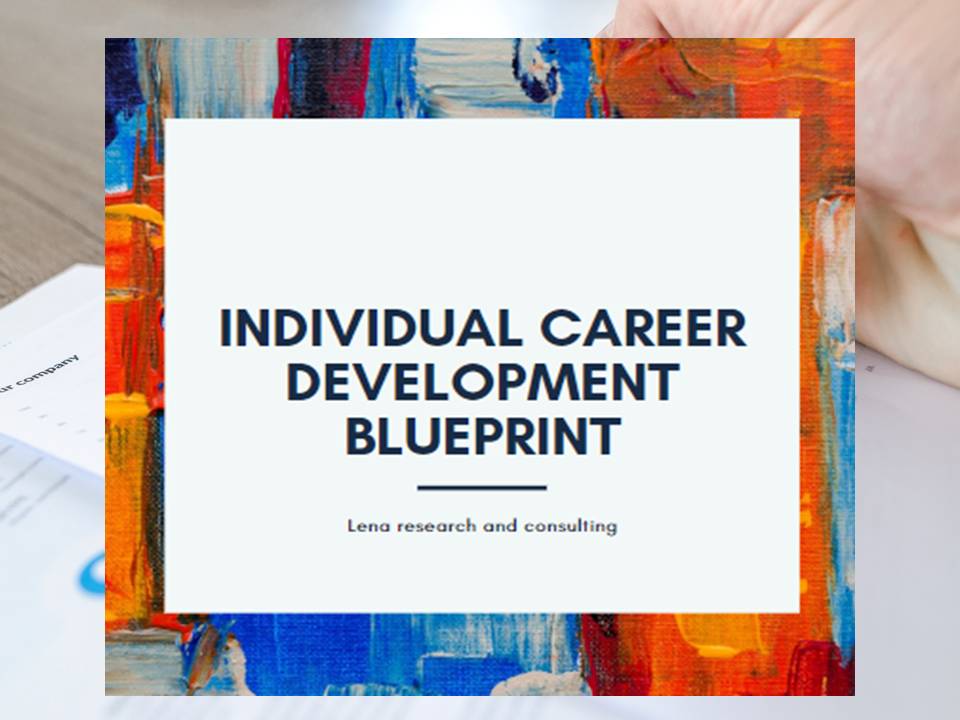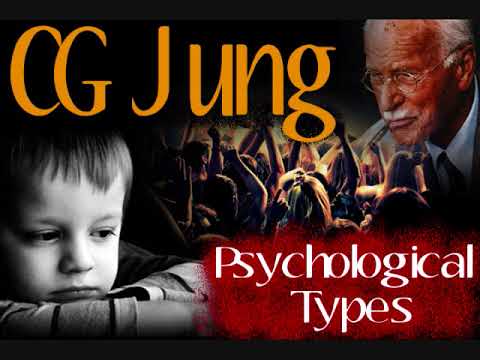Courses that help you in your professional development
This is an introductory course to incorporate elements of critical thinking into the teaching methodology in teaching professional courses. It is for educators and/or instructors who are actively instructing students in any graduate or postgraduate level course.
This course introduces a the concept of critical thinking and how to infuse this into your instruction. It provides necessary understanding of how to teach critical thinking skills to students through any subject, at graduate and post-graduate level. In this course, you will be introduced to:
- the Elements of thinking, reasoning and critical thinking, and
- the process of conducting rigorous intellectual inquiry
through readings, discussions, and practical application activities. As a result of learnings
in the course, you will be able to help students consciously using critical thinking concepts and strategies in learning and in their lives. You will be able to redesign and teach lessons you develop for your own classes that fosters critical thinking.
This course is for those who have not previously taken a foundational workshop in critical thinking. It will introduce the basic components of critical thinking, ways to build those components into the design of what you teach, and ways to make that design effective.
Critical Thinking is not something additional to content, but rather an integral part of it. Therefore in this course you learn how to modify your instructional design to help students learn not random bits and pieces of information, but systems, organized networks of concepts, active modes of thinking.
In this course, participants will
• form a basic concept of critical thinking, understanding in general why it is essential to the mastery of content and effective day-to-day problem solving
• form a basic concept of the affective and cognitive principles & strategies essential to critical teaching
• practice using critical thinking in the solution of some everyday problems as well as in the redesign of instructional units.

In order to plan and develop individual career path and trajectory, IIBP's 5 stage model focuses on:
Developing Core Competencies: Core Competencies are identified as knowledge, skills, and abilities that describe employee traits which directly and positively impact the success of employees and organizations. Competencies can be objectively measured, enhanced, and improved through coaching and learning opportunities.
At IIBP, we recommend to client leaders/managers/executives, the following competencies have been created for professional staff: • Inclusiveness • Stewardship • Problem Solving • Decision Making • Communication • Leadership • Teamwork • Service Focus • Quality Improvement • Strategic Planning and Organizing

- Course creator: Mrinal Krant
- Course creator: Akshay Sharan
A short course based on Dr. Lisa`s coaching work

This short course is about understanding Psychological Types and its implications in Work and Life. The course will explore Jung's ideas in modern context and see its various applications. By end of this course, you will be able to start using Jungian idea at work. If you are already familiar with the idea of Psychological Types, this course will be a refresher for you and take you deeper in Jungian depth psychology.
Here is a list of what will be covered in 9 sessions.
1. Why Jung and Psychological Types?
2. 1st level of TYPE (Extraversion vs Introversion)
3. 2nd level of TYPE ( Functions S-N and T-F)
4. 8 functions, overview
5. Sensing Functions (Extraverted and Introverted)
6. Intuitive Functions (Extraverted and Introverted)
7. Thinking Functions (Extraverted and Introverted)
8. Feeling Functions (Extraverted and Introverted)
9. Interplay for functions in developing personality
